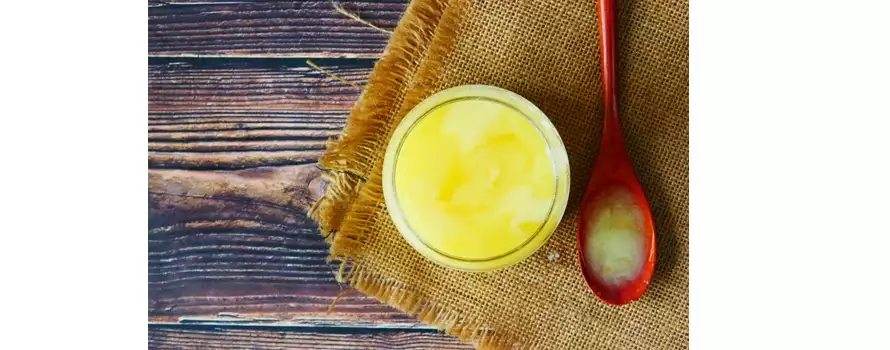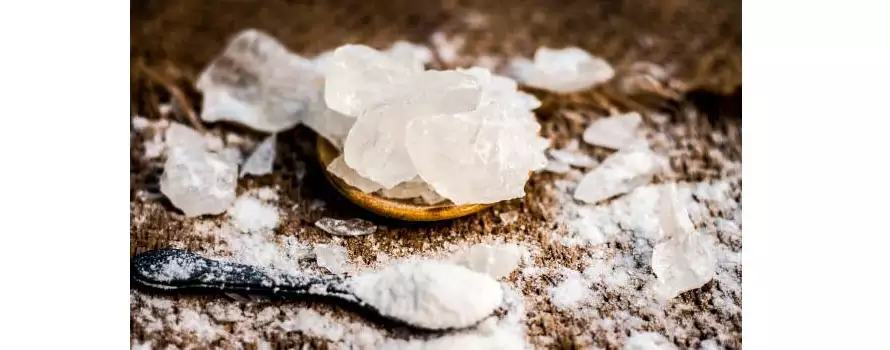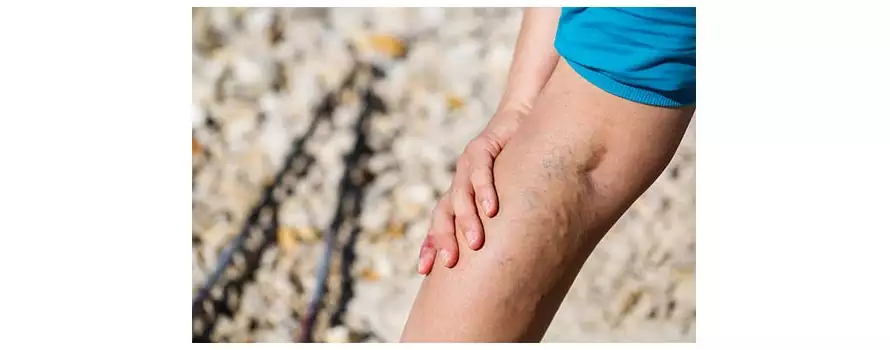What is Ayurveda:
Ayurveda is an ancient medical study, which is adapted by the modern generation. The methodology used in making the ayurvedic medicine is likely to be the organic extraction of herbs.
Looking for Ayurveda Centers in Mumbai?
Birla Ayurveda is present in 15+ locations in Mumbai. We have Ayurveda Doctors in Mumbai & experienced Therapists from Kerala.
We have various categories of Ayurveda Medicines & Ayurveda Products to improve your lifestyle & Health.
Here is the list of Ayurveda Centers in Mumbai:
• Marine Line: Shop No #1, Neelkhant Building Marine line (W) Mumbai – 400020.
• Nepeansea Road: Ground floor, Plot – 75, Sagar Tarang, Laxmibai Jagmohandas Marg, Nepeansea Road, Mumbai – 400006.
• Juhu: Plot No. 890, Shri Ji Krupa Building, 1st Floor Juhu Tara Road, Near Bawa Continental
Hotel, Mumbai 400049.
• Powai Eden: Eden Banglow, Eden club Hiranandani, Hiranandani Garden, Powai, Mumbai 400076.
• Powai Forest Club: Cliff Avenue Road, Near Lake Castle Building, Hiranandani Garden, Powai,
Mumbai-400076.
• Thane: Club House, Hiranandani Estate, Patlipada Off Godbandar Road, Thane(W). Thane – 400607.
• Nerul: Plot No.8, Sector No. 18/A, Talab Road, Nerul (W), Navi Mumbai-400706.
• Prabhadevi: Shop No-3, Navbhavana Building, Veer Savarkar Marg, Opp Kismat Talkies, Prabhadevi
Mumbai- 400025.
• Chembur: Jolly Apartment, NB Patil Marg Above Syndicate Bank, Ghatla, Chembur East Mumbai
400071.
• Adonia: Adonia Club House, Hiranandani, Powai.
Other Ayurveda Centers:
• Banglore Indiranagar: No. 2291, 14th Main, Behind New Horizon School, HAL 2nd Stage,
Indiranagar, Bangalore – 560038
• Banglore Kalyannagar: Rom no 304, 5th Main Road, Near Bescom, HDRD Layout, 2nd block,
Kalyannagar, Banglore 560043.
• Nashik: Birla Wellness Center, Sujata Birla Hospital & Medical Research Center, 2nd Floor, Opp.
Bytco College, Nashik – Pune Road, Nashik – 422101.
List of Ayurveda Therapy in Mumbai:
| Pizhichil | Abhyangam | Udvartanam |
| Kizhi | Nasyam | Tharpanam |
| Anjanam | Shiro Vasthy | Kshheeradoomam |
| Scrub n Trim | Udvarthanam | Upanaham |
| Stress Away | Shirodhara | Ubtan |
| Navarakizhi | Nirvana | Facial |
| Herbal Mask | Scalp Massage | Ayurvedic Hair Care |
| Sirovasthy | Thalapothichil | Panchakarma |
| Pediatric | Pre- Pregnancy |
Ayurveda in India:
Ayurveda is widely practiced on the Indian subcontinent — more than 90 percent of Indians use some form of Ayurvedic medicine, according to the University of Minnesota’s Center for Spirituality & Healing — and the tradition has gained popularity in the Western world, though it’s still considered an alternative medical treatment.
The traditional Indian medicinal system remains the most ancient yet living traditions with a sound philosophical and experimental basis. It is a science of life with a holistic approach to health and personalized medicine. It is known to be a complete medical system that comprised physical, psychological, philosophical, ethical, and spiritual health.
The consistency of Ayurveda is mainly due to its principles which remain the same. This is the main reason why for any disease pathology we have treatments.
Ayurveda is mainly based on concepts of:
TRI-DOSHA(THREE DOSHAS)
SAPTA DHATU(SEVEN DHATU)
Twenty GUNA(TWENTY BASIC PROPERTIES)
This is science is customized for all patients. There is Prakruti (constitution of Ayurveda) which is first seen for the patients and then the diagnosis is made on the basis of 8 factors which are determined with extreme minute details. Accordingly, the pathology is finalized. According to the pathology, constitution, season, and other variable factors, the diagnosis is made. When the diagnosis is made the treatment is planned.
The treatment is mainly of the following categories:
- Lifestyle changes
- Dinacharya correction (daily regime correction)
- Rutucharya correction (Seasonal regime correction)
- Diet changes (ahaar chikitsa)
- Internal medication (shaman chikitsa)
- External medication (Ayurveda therapies)
- Internal detoxification (Panchakarma)
- Mental cleansing (Therapies for mental peace and mental illnesses)
- The internal treatment is selected such that, It includes various medications in different forms
- Ayurveda also has a variety of medications forms a different route of administration.
We have medications in forms of:
- Herbal juices-swaras, fant. heem
- Herbal powders-choorna kalpana
- Herbal decoctions-kashayam
- Herbal paste-Kalka
- Herbal medicines ferments-asav arishta kalpana
- Herbal tablets-gulika, vati, tablets, capsules
- Herbo-mineral formulations
- Herbo mineral tablets
- Mineral Powders
- Herbal Oils
- Herbal ghee
Few examples:
- Tulsi Swaras which is made by crushing the tulsi leaves and straining it from a cloth
- There is no reason to not trust these products
- These are completely herbal
The problem of people getting is, people with a wrong diagnosis take these medications. Such juices available these days with a ton of preservatives added (which are not at all ayurvedic). As according to Ayurveda such juices are to be consumed immediately after being prepared. So people selling the preservative juices which are nowhere ayurvedic may be wrong or no effects. The same thing applies to amla juice, dudhi juice, neem juice, etc. With proper diagnosis and proper preparation, there is no reason for no effects or ill effects of the same.
The main benefit of these medicines is immediate effect as the chlorophyll in it is still active.
Herbal powders like amal choorna, shatavari choorna, ashwagandha choorna, brahmi choorna.
These powders are prepared after drying the herbal products. Authentically, not all herbs can be converted into powder we need to understand that first. Wet herbs like aaraghwad, manukka, kokam, etc. which cannot be dried their powder can’t be made. Herbs that lose their efficacy cannot be dried up. Drying up also might be sun drying or moon drying.
Hence if the powders are dried up authentically there is no reason for them to have false or no effects. Herbal powders are largely used in clinical practice because the life span of the drugs increases and easy to consume as they are readily available to the patient from the physician. The positive benefits of these herbs are also that more herbs can be mixed with each other so that a combination medicine is developed, thus not needing the patient to take too many medicines separately. Also by the choorna medicines, we can fix the dosages for each herb individually. These all help us to give maximum effects in fewer dosages.
Herbal decoctions-herbal kashayam
Herbal kashayam or decoctions are either freshly made at home with coarse herbs cooked with the required quantity of water or either these days they are readily available. This type of medication is been followed for years. The herb is cooked in water and then it is strained to prepare the decoctions. Sometimes practically since it becomes difficult to prepare the kashayams every time you want to consume it is now readily available in the market.
The benefits of kashayam are it is easily assimilated in the body as it is in liquid form
Also since it is cooked and warm it is absorbed in the bloodstream quickly and thus has immediate effects. In this type of medication also there can be combinations made so that there is more efficacy with fewer doses. Herbal paste-Kalka-tulsi Kalka/neem Kalka.
In this method, fresh ground herbs are made into a paste. This is a far ignored kind of medication form as it is a bit difficult to consume. But it is definitely helpful in its external application as lepam. So it is the direct use of herbs in fresh paste form there is no point if pathology is correctly diagnosed and the medication is given.
Herbal medicines ferments-asav arishta kalpana
These medications are made by natural fermentation process done after kashayam or kwath or herbal juices are made. Natural herbs are added to carry out the fermentation process. This process helps the medicine to add in a speedy manner due to the tikshna (strong and penetrating) property. This helps to relieve the pain areas or pathology quick manner. But it is necessary to take it under medical intervention as it involves fermentation and the natural alcohol process. If it has been wisely given it will not have any side effects. We need to understand that nuisance of any range of medicines can have ill effects we can’t blame the science for lack of our understanding.
Herbal tablets-gulika, vati, tablets, capsules
These are widely used and sold in the markets because of their easy consumption, palate-friendly nature. In these types, there are single herb tablets, choorna tablets which our choornas are bonded by a binding agent. Processed tablets which are single herbs medication processed with kashayam or decoctions of the same ingredients or different ingredients. Sometimes these processes are also done with various other fluids like milk and oils to improve the efficacy. So it is understood that by no chance they will have any side effects, in fact, these type of various processes are only given in this science to improve the efficacy of the final product. Such a thoughtful approach was adopted 5000+ years ago which gave s a new outlook on how processes increase the efficacy and how do these processes change the properties of the products.
Herbo mineral medicines
This is a widely controversial topic for Ayurveda people. People think that harmful minerals are put into medicines which are given as medicines to patients. People fail to understand that using minerals in the medicinal form itself is big science. The minerals are studied initially for their properties accordingly the toxic contents are removed with the help of various herbal decoctions, milk, oil, herbal fluids. These herbal fluids are carefully selected which are opposite the properties of the mineral which needs to be cleansed. And this process isn’t so easy as it sounds they don’t wash it in it but the powder is several times processes with that fluid to remove the unwanted particles or toxins which might harm the body. It is sundried, processed in various forms with herbal drugs or other natural ingredients which remove the toxins which are called “shuddhi karan”. Later before using it from medicine a process named “maran” is done. Wherein the mineral is again processed with their herbs and natural ingredients thus improving the efficacy and making it adaptable for the herbs to merge with it. It is a biochemical, biophysics process wherein the process is actually at ion level and atomic level such that the mineral gets deeply processed with the herbal drug thus they become one product as a whole without toxins
The minerals when pure formed are tested in the very minute manner that even a lab cannot understands such parameters were developed 5000 years ago through which the purity and efficacy of the mineral in understanding. Various such tests when showing the mineral is now in a form which can be suitable for body consumption can be assimilated and excreted well then only it is used for the making of any herbal mineral compound or directly be used as a product.
The AYURVEDA PANCHAKARMA treatment in India is a ritual that unfolds as you are anointed with individually selected, hand mixed, and customized medicated herbal oils that are freshly prepared daily to restore the crucial inner harmony of the body and the senses.




1 Comment
impressionswellness
Really, I appreciate your blog and ideas related to Blog topics. Thank you for sharing your idea.